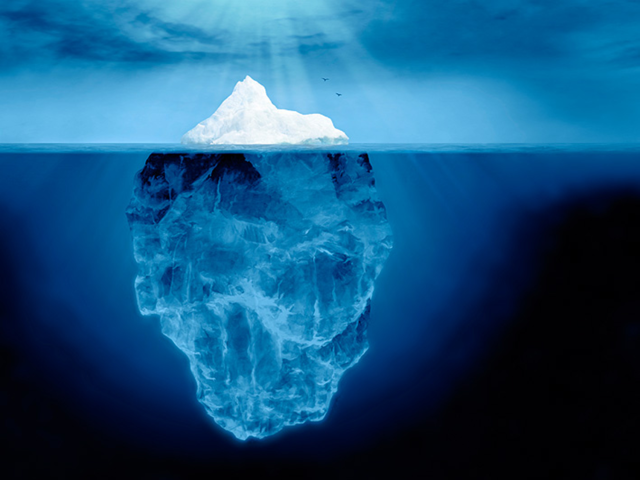At this very moment, I am writing this blog entry at the desk in my bedroom upstairs. Below me, my grandmother is being interviewed; a process which involves voice recorders, pads of paper, and many snacks (the last of which I have snuck down to steal two times and counting). See, my family just met some not-wildly-distant relatives for the first time last weekend, which led to talking about mutual relations, which led to today’s interviewing. Not-so-distant relative sits next to my dad on the couch. They both take notes. A family tree is sprawled out on the coffee table before them. My grandmother tells them stories about her family’s escape from Czechoslovakia just as war was sparking and the Nazis were taking over the train station across the street.
In the literary world, we call this backstory. The word itself isn’t terribly complicated: it’s the story of what happened “back then” or in the past, before you showed up where you are now and decided to do what you are currently doing. Our personal and collective histories inform our actions and our motives down to our very core. Ask any storyteller why a character has acted in a certain way, and they should be able to point to a moment in the character’s life that shaped them into who they are.
Overall, “backstory” is a double edged sword: at its mention, countless writers salivate while an equal number of readers groan. As juicy as it is for the storytellers of the world to flesh out their characters by digging through their past, readers and listeners often find such digging unexciting. See, when backstory pops up in a story, it often drags the audience away from the exciting action they are invested in and usually requires them to sit through long exposition surrounding what has already happened. The tension of “what happens next?” is lost, the familiar characters who whom we have grown attached are either not present or little more than strangers. It feels as if we are not pushing forward on the journey, but we are instead backtracking to territory that has already been covered or doesn’t feel relevant. Backstories can be powerful, but need to be handled with care.
Basically, we are all icebergs with far more to us than meets the eye. Even if what lies beneath the surface is integral to our being and our actions, no one needs to upend an iceberg and examine every crack to understand the bigger picture. What we need is glimpses at the right place and the right time. Just as the seven-year-old version of my dad probably wouldn’t have been able to sit still for the stories he is now taking notes on downstairs, we storytellers need to be cognizant of the line between relevance and interest. The story at the core of backstory is likewise at the very spine of any story ever: why should I care?
Our relative cares because he wants to pass on an understanding of his family to the sons who will carry on the family name. My dad cares because he grew up with a mother who just barely escaped the Holocaust, and that escape kept her alive. Whether you are writing the next Les Mis or telling a story about the latest escapades of your baby brother, always give your listeners a reason to lean in and take notes. Use humor. Use emotion. Rap it, do a choreographed dance. But make them care about your iceberg and every part of it that you show, and your audience will in turn ensure that you are heard.


Sometimes I consider myself more of a snowflake, but I like the winter metaphors!
LikeLike
This reminds me of the psychoanalytical lens we were discussing in English a few days ago! I’m pretty sure the backstory would count as the superego, right? In order to understand a character’s motives, we have to understand what created those motives, and what values the character has. Of course, we must find a happy medium, like you said above, and maybe backstory should come later in the story, after an action-packed beginning has caught the audience’s interest.
LikeLike
Isabella I was thinking along the same lines!!!! YES Superego is more for morality!!! Ok and then to my own point, I always am intrigued by the concept of the ice berg. Just because we show so little on the surface, does it mean that’s a bad thing? I’m just not sure that showing the full iceberg is efficient either. As a reader, often I like my imagination to be suspended by a lack of details that can help me to create or envision my own interpretation of the story. And while I think backstories can be helpful in complicated plots or crowded character scenes, personally, I find backstories quite distracting (like you said) and not as a necessary as some people may feel they are.
LikeLike